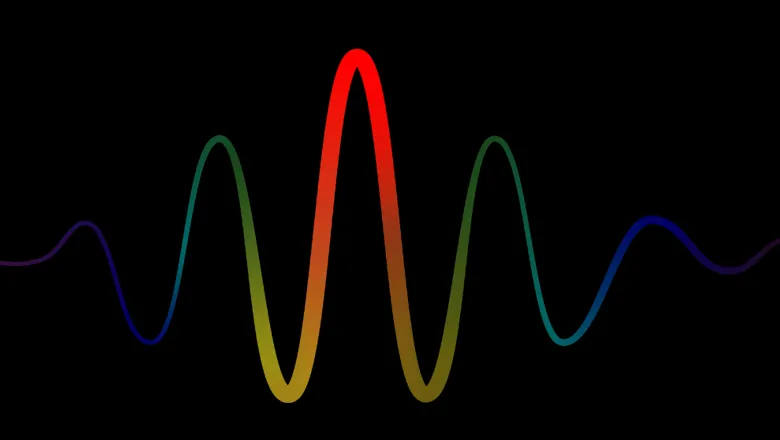Speaker: Professor Kavan Modi, Singapore University of Technology and Design
Date: Wednesday, 01 October 2025
Time: 14:00–15:00
Venue: Room S7.06, King’s College London, Strand, London WC2R 2LS
If you are external to King’s, please use this form to gain access to the building.
Abstract: Noise on quantum devices is much more complex than it is commonly given credit. Far from usual models of decoherence, nearly all quantum devices are plagued both by a continuum of environments and temporal instabilities. These induce noisy quantum and classical correlations at the level of the circuit. The relevant spatiotemporal effects are difficult enough to understand, let alone combat. There is presently a lack of either scalable or complete methods to address the phenomena responsible for scrambling and loss of quantum information. Here, we make deep strides to remedy this problem. We establish a theoretical framework that uniformly incorporates and classifies all non-Markovian phenomena. Our framework is universal, assumes no parameter values, and is written entirely in terms of experimentally accessible circuit-level quantities. We formulate an efficient reconstruction using tensor network learning, allowing also for easy modularisation and simplification based on the expected physics of the system. This is then demonstrated through both extensive numerical studies and implementations on IBM Quantum devices, estimating a comprehensive set of spacetime correlations. Finally, we conclude our analysis with applications thereof to the efficacy of control techniques to counteract these effects — including noise-aware circuit compilation and optimised dynamical decoupling. We find significant improvements are possible in the diamond norm and average gate fidelity of arbitrary SU(4) operations, as well as related decoupling improvements in contrast to off-the-shelf schemes.
Reference: G. White, P. Jurcevic, C. Hill, K. Modi. Physical Review X 15, 021047 (2025)
About the Series:
The Light & Matter Seminar Series is hosted by the Photonics & Nanotechnology Group at King’s College London. It invites experts working across the diverse domain of Light and Matter to share insights into novel research on fundamental interactions. Join us to explore how light transforms and reveals material properties on classical and quantum scales, with applications from nonlinear optics to nanophotonics.
Audience:
All LCN members, including students, are welcome.
